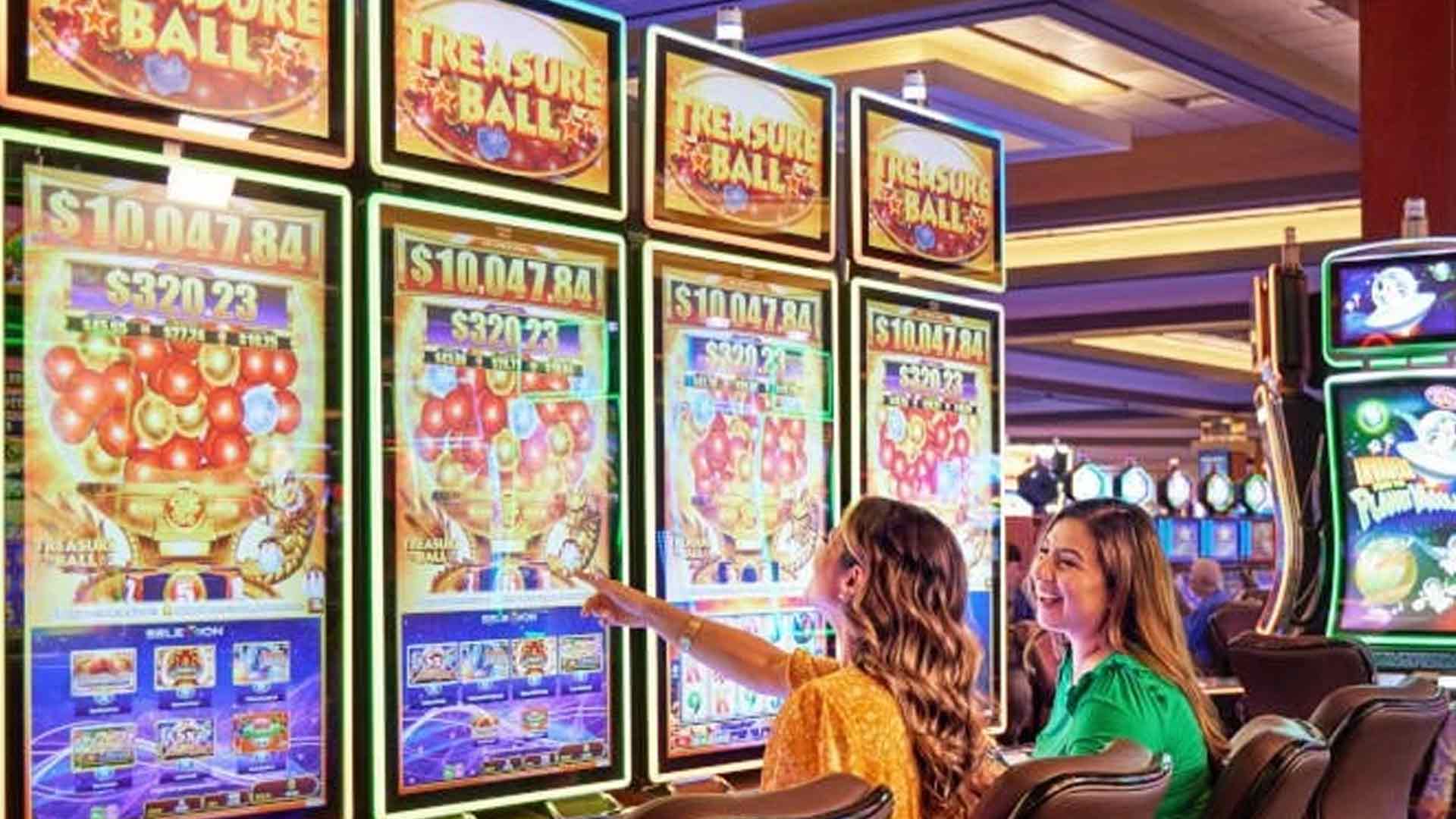The Mathematics Hidden in Casino Games
```htmlThe Mathematics Hidden in Casino Games
Casino games, often perceived as games of chance, are in reality deeply intertwined with mathematical principles. Understanding the mathematics behind these games can significantly impact a player's understanding of their odds and, potentially, their strategy. This article delves into the fascinating world where probability, statistics, and game theory meet the flashing lights of the casino.
Probability: The Foundation of Casino Odds
At the heart of every casino game lies the concept of probability. Probability is the measure of the likelihood that an event will occur. In games like roulette, craps, and slot machines, probability dictates the odds of hitting a specific number, rolling a certain combination, or landing a winning symbol. For example, in a standard European roulette wheel with 37 numbers (0-36), the probability of hitting a single number is 1/37. Understanding these probabilities is crucial for assessing the risk involved in each bet.
House Edge: The Casino's Mathematical Advantage
The "house edge" is a key concept in casino mathematics. It represents the casino's average profit from a player's bet, expressed as a percentage. The house edge is built into the game's rules and payouts, ensuring that the casino will, on average, make money over the long run. For instance, in American roulette, which has both a 0 and a 00, the house edge is approximately 5.26%, while in European roulette (with only a single 0), the house edge is around 2.7%. This difference highlights how seemingly small variations in game rules can significantly impact the player's odds.
Blackjack: A Game of Skill and Strategy
Unlike many casino games that rely purely on chance, blackjack involves a significant element of skill and strategy. Players can use techniques like basic strategy and card counting to improve their odds. Basic strategy is a mathematically derived set of rules that dictates the optimal decision (hit, stand, double down, split) based on the player's hand and the dealer's upcard. Card counting, a more advanced technique, involves tracking the ratio of high cards to low cards remaining in the deck. This information can be used to estimate the probability of the dealer busting and to adjust bets accordingly. However, it's important to understand cara main live casino m88 and that casinos often employ countermeasures to detect and prevent card counting.
Poker: Game Theory in Action
Poker is a game where game theory comes into play. Game theory is a branch of mathematics that studies strategic interactions between individuals. In poker, players must consider not only their own hand but also the potential hands of their opponents and their tendencies. Concepts like bluffing, pot odds (the ratio of the current bet to the potential winnings), and expected value (the average outcome of a decision) are all crucial for making profitable decisions in poker. Understanding game theory can significantly improve a player's poker skills and their ability to outsmart their opponents.
Slots: Random Number Generators and Payback Percentages
Slot machines operate using random number generators (RNGs). These RNGs generate thousands of random numbers per second, ensuring that each spin is independent and unbiased. The payback percentage, also known as the return to player (RTP), is the percentage of wagers that a slot machine is programmed to pay back to players over the long run. While the RTP can provide an indication of a slot machine's potential payout, it's important to remember that it's a theoretical average over a vast number of spins and doesn't guarantee short-term results.
Craps: Complex Probabilities and Betting Strategies
Craps involves rolling two dice, and the outcome of the roll determines the winning bets. The game has a variety of different bets, each with its own probability and payout. Understanding these probabilities is essential for making informed betting decisions. Some bets have a lower house edge than others, and players can use betting strategies to minimize their risk.
Managing Your Bankroll: A Key to Responsible Gambling
Regardless of the game, managing your bankroll is crucial for responsible gambling. This involves setting a budget, sticking to it, and avoiding chasing losses. Understanding the mathematics of casino games can help you make more informed decisions about your bets, but it's important to remember that gambling should be viewed as a form of entertainment and not as a way to make money. The house always has an edge, and long-term profitability is unlikely for the average player.
In conclusion, casino games are more than just games of chance. They are built upon a foundation of mathematical principles, including probability, statistics, and game theory. By understanding these principles, players can gain a deeper appreciation for the games and make more informed decisions. However, it's essential to gamble responsibly and remember that the house always has an edge.
```tag: M88,



